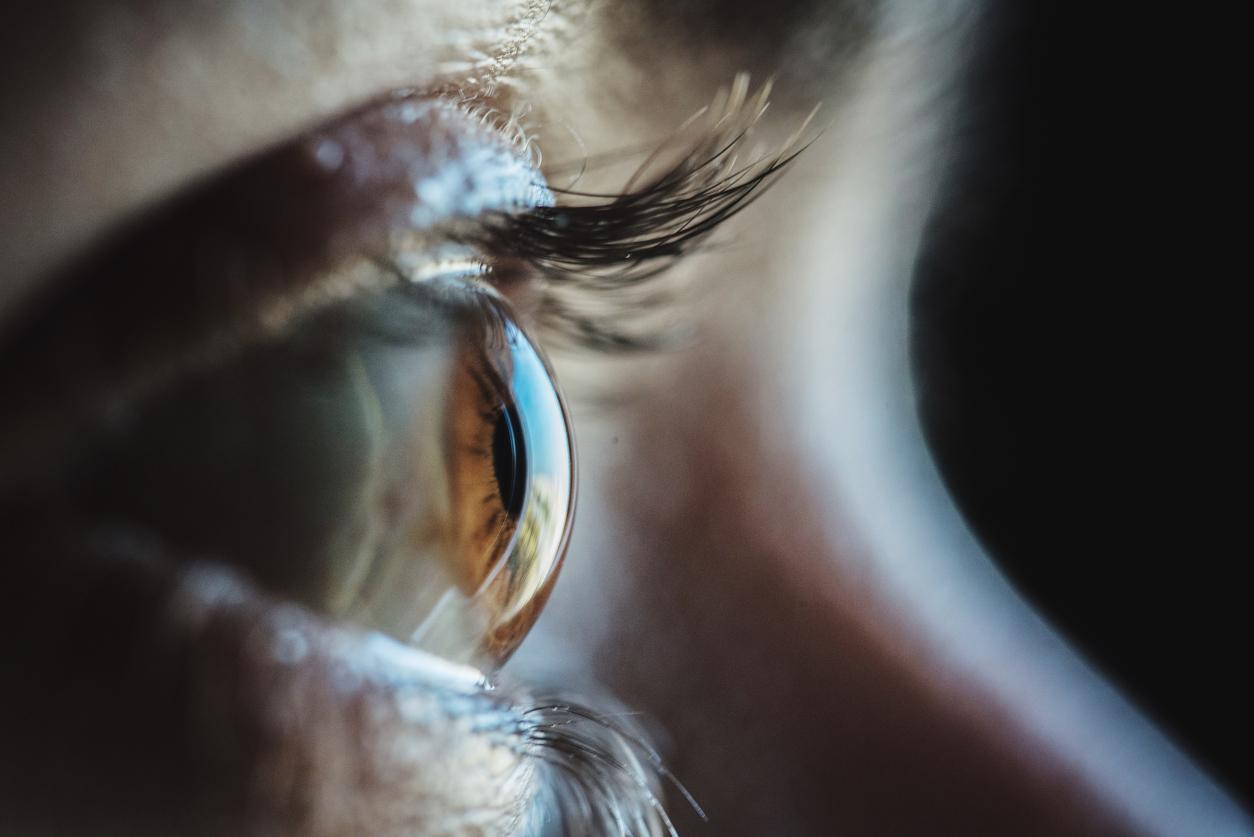Schizophrenia is a common pathology, since approximately 1 in 100 people suffer from it worldwide. In France, more than 600,000 people are affected. However, the disease remains unknown and faces many received ideas.
On the occasion of World Mental Health Day, which is being held this Wednesday, October 10, the FondaMental Foundation and the National Union of Families and Friends of Mentally Sick and/or Disabled People (Unafam) are launching a campaign to “to change the general public’s view of one of the most stigmatized diseases”. Professor Marion Leboyer, director of the FondaMental Foundation, says: “It is essential to remember that schizophrenia is a disease, that there are therapeutic strategies to treat it and that research is progressing and brings hope”.
A campaign, “Schizophrenia, bo
nheur & Cie »
On the “Schizophrenia, happiness & Co” website as well as on social networks, Internet users can discover the story of Margot, a young woman suffering from schizophrenia. On his wedding day, his relatives shed a little more light on the journey of the patients and their entourage, through audio testimonies. Confessions that reflect their worries and prejudices as well as their loves and hopes.
Margot’s mother says: “You know, we weren’t prepared for your illness. We understood nothing, saw nothing coming. To me, it didn’t make sense what was happening to you. I thought you were going through a tougher teenage crisis than your brother, that’s all. » Schizophrenia most often occurs in adolescence, between 15 and 25 years old. In 35% to 40% of cases, it is first manifested by delirious puffs. Hospitalization is often necessary during the first episode. “I imagined the worst: I imagined the straight jacket, the split personality, all that…”says his cousin.
However, schizophrenia does not result in a split personality, but rather in disorders of thought and emotions. The symptoms can nevertheless be impressive: hallucinations, delusions, incoherent remarks, loss of emotionality… If the disease is detected early, these manifestations can be stabilized. Appropriate management even makes it possible to obtain lasting remission in one third of patients. The bride explains: ” […] I want the world to know that the disease can be stabilized. Me, I’m sick, under treatment, but I live my life. This is proof that it is not a fatality! ».
Marie-Jeanne Richard, president of Unafam, concludes: ” Schizophrenia […] is severe, but quality therapeutic care, appropriate support and a supportive environment allow the person to recover, restore meaning to their life and rebuild their future..
Read also :
- Schizophrenia: an interactive experience to better understand the disease
- Schizophrenia: a digital avatar can help them


















